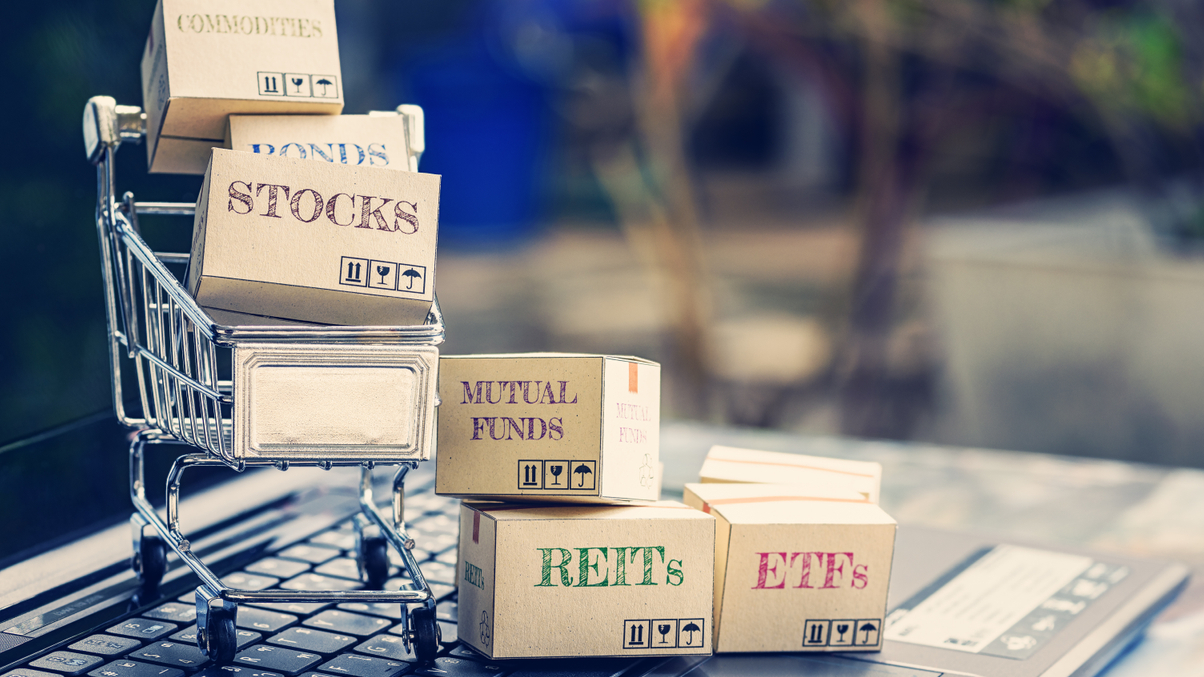Noah’s Lam touts ETFs for building global portfolios
The Chinese wealth and asset manager's group president believes wealthy Chinese investors should look at ETFs as a way to diversify their portfolios globally.

Wealthy Chinese investors seeking to build diversified portfolios should consider using exchange-traded funds (ETFs) rather than ignore them, thinks a top executive at Noah Holdings.
Sign in to read on!
Registered users get 2 free articles in 30 days.
Subscribers have full unlimited access to AsianInvestor
Not signed up? New users get 2 free articles per month, plus a 7-day unlimited free trial.
¬ Haymarket Media Limited. All rights reserved.


